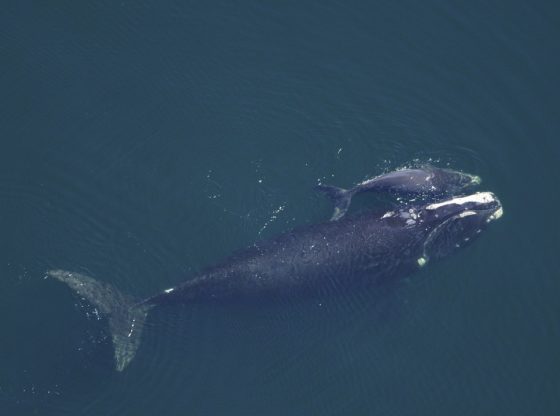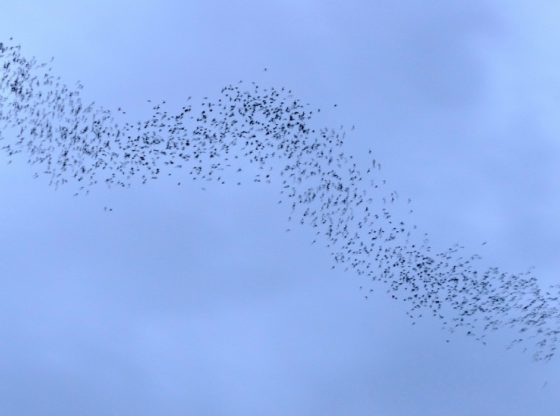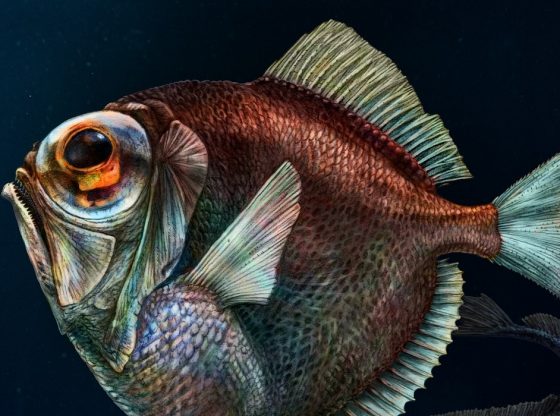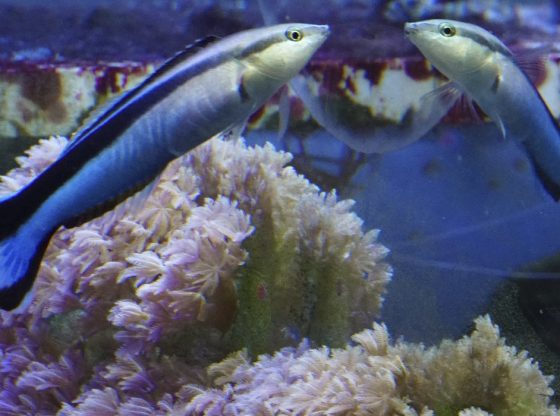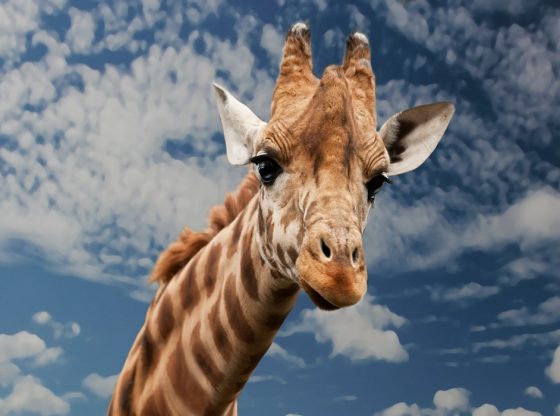The spiders of the world gobble up huge amounts of insects each year. Up to 800 million tons more precisely.
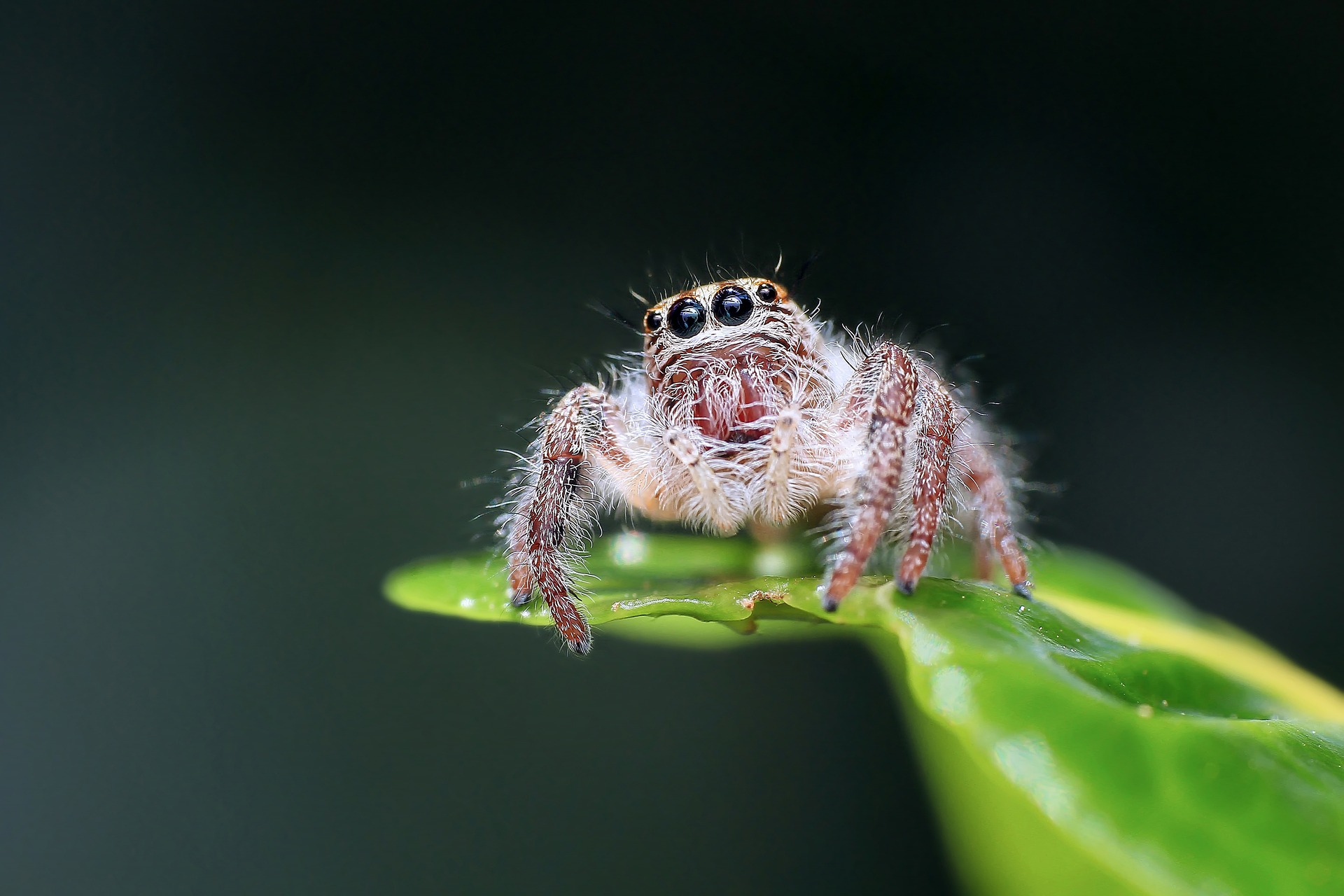
The spiders of the world eat twice as much food as the world’s human population eats in the form of fish and meat each year. Spiders consume more food than whales and seabirds do each year. This, according to researchers from the University of Basel and Lund University in Sweden. Whose aim it is to increase our understanding of how important the world of spiders actually is for the ecosystem.
The researchers reached their conclusion based on data from 65 other studies. They calculated roughly how many spiders there actually are in the world, circa 25 million tons of spiders. They then found out how much a spider generally need to eat to survive. The calculations show that spiders need between 400 and 800 million tons of food annually, the researchers write in the journal The Science of Nature.
This shows how big role spiders play when it comes to keeping clean of pests, especially in forests and meadows. More than 90 percent of spiders prey are insects and springtails. Large spiders in the tropics can also catch and eat including frogs, lizards, birds and bats.
With more than 45,000 species and a population density of up to 1,000 individuals per square meter, spiders are one of the world’s most species-rich and widespread groups of predators. Spiders live in environments ranging from arctic to deserts, caves, on the coast, the sand dunes, and rivers.
Compare 800 million tons of prey to the fact that, according to the Food and Agriculture Organization of the United Nations (FAO), the worldwide human population consumes around 400 million tons of meat and fish every year. And compared to the whales (Cetacea) in the world’s oceans, which eat an estimated 280-500 million tons of prey a year.
“Our calculations let us quantify for the first time on a global scale that spiders are major natural enemies of insects. In concert with other insectivorous animals such as ants and birds, they help to reduce the population densities of insects significantly,” says Martin Nyffeler from the University of Basel, lead author of the study. “Spiders thus make an essential contribution to maintaining the ecological balance of nature,” he adds.
Reference:
Martin Nyffeler & Klaus Birkhofer, 2017. An Estimated 400-800 million tons of prey are killed annually by the global spider community The Science of Nature (2017), doi: 10.1007 / s00114-017-1440-1.


